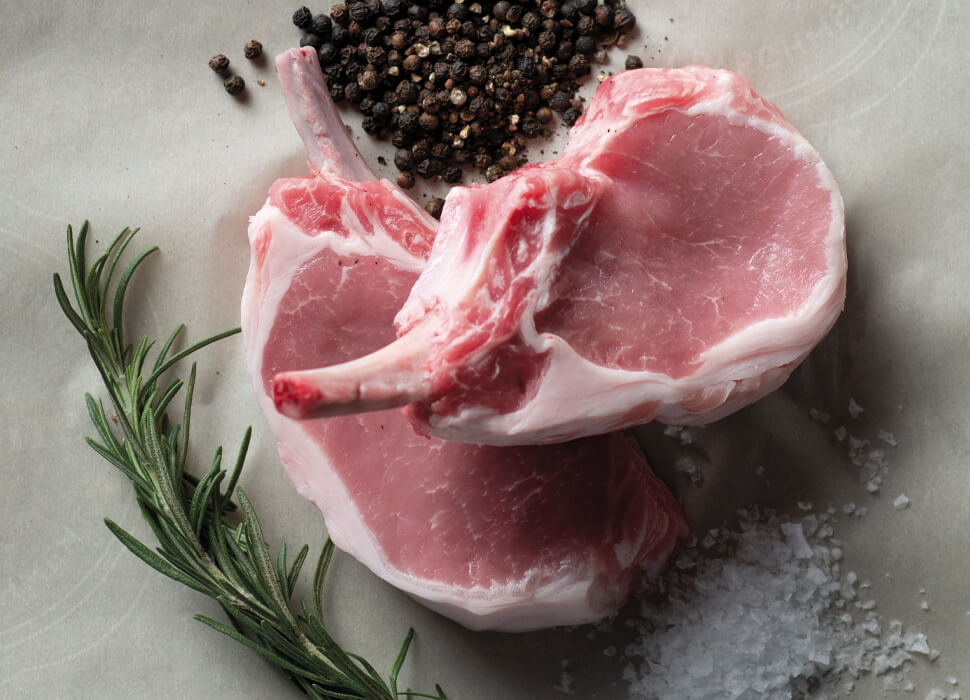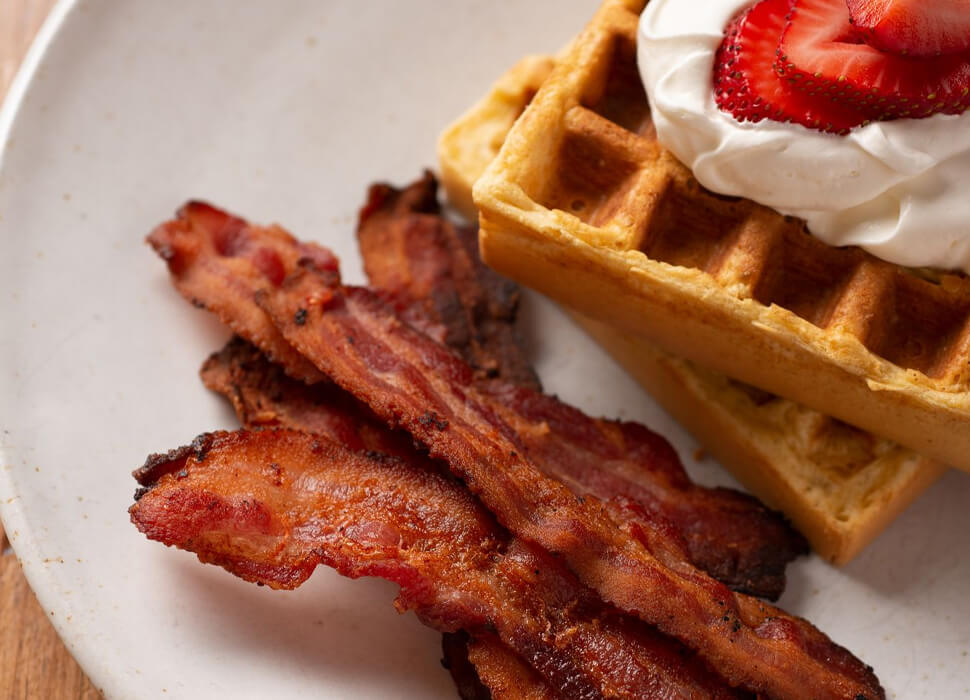“Sugar-free” has become a buzzword in the food industry as people focus on preventative health measures, learn more about nutrition, and become increasingly attentive to labels.
The American Heart Association recommends no more than 36 grams of sugar daily for men, and 25 grams or less daily for women. And it’s easy to see how a soda with 32 grams of sugar could quickly throw you over your daily recommended intake. But sugar is lurking in all sorts of unsuspecting places, including products like peanut butter, pasta sauce, yogurt, and soup.
For many, like those with diabetes or pre-diabetes, having a sugar-free option is essential. And if you’re attempting to stick to a specialty nutrition plan or weightloss regimen — like a paleo or keto diet — you might be unsure about the sugar content in some of your favorite foods. For instance… bacon! Is this beloved breakfast food loaded with sugar or safe to eat on a sugar-free diet? We’ll explore more below.
Is There Sugar in Bacon?
The short answer is no: pork bellies, the piece of meat that bacon strips are cut from, do not on their own contain sugar. Instead, sugar is added to the product — typically during the curing process. Other ingredients might be added during curing as well, and in varying quantities depending on the bacon product and brand’s processing practices.
Salt is usually added to meats of all kinds, including bacon, to reduce moisture levels and the resulting microbial growth that could prove harmful to your health. When sugar is added to bacon, it’s almost always done to enhance flavor. It also works alongside salt to draw out some of the moisture during the curing process, acting as an additional antimicrobial preservative. And in trace amounts, this might not be an issue for bacon-lovers. But for those in search of a true sugar-free option, even small quantities might be too much.
Since sugar is not always added during curing, it’s important to read your meat labels closely to get the full picture of the product contents.

Bacon, Sugar, and Specialty Diets
So what about those specialty diets we mentioned? Let’s look a little closer.
Bacon on a Keto Diet
If you’re following the keto (or ketogenic) diet plan, you have the “high-fat, low-carb” mantra down pat. Keto is known for its system of low daily allotments of the carbohydrate macronutrient (usually less than 50 grams a day) and its high daily allotment of the fat macronutrient (upwards of 145 grams per day.) As far as protein goes, keto dieters are looking at a moderate daily allotment (around 75 grams or so). With this macro breakdown in mind, it’s pretty evident that bacon is an optimal food for the keto diet!
Bacon is a perfect staple in a keto breakfast because it contains a moderate amount of fat (around 6 grams per a two-slice serving) and minimal carbohydrates (usually less than 1 gram per three slices). It’s also higher in protein, contributing to both the moderate daily protein intake and the longer-lasting satiation that comes from eating protein.
So if you’re on a keto diet, you can feel confident in saying yes to bacon for breakfast. However, keep in mind that any added sugar in the bacon will contribute to your daily allotment of net carbs. For example, if the product contains 1 to 2 grams of sugar, those will be included in the carbohydrate level listed on the nutrition label. Therefore, it’s often better to choose a sugar-free bacon.
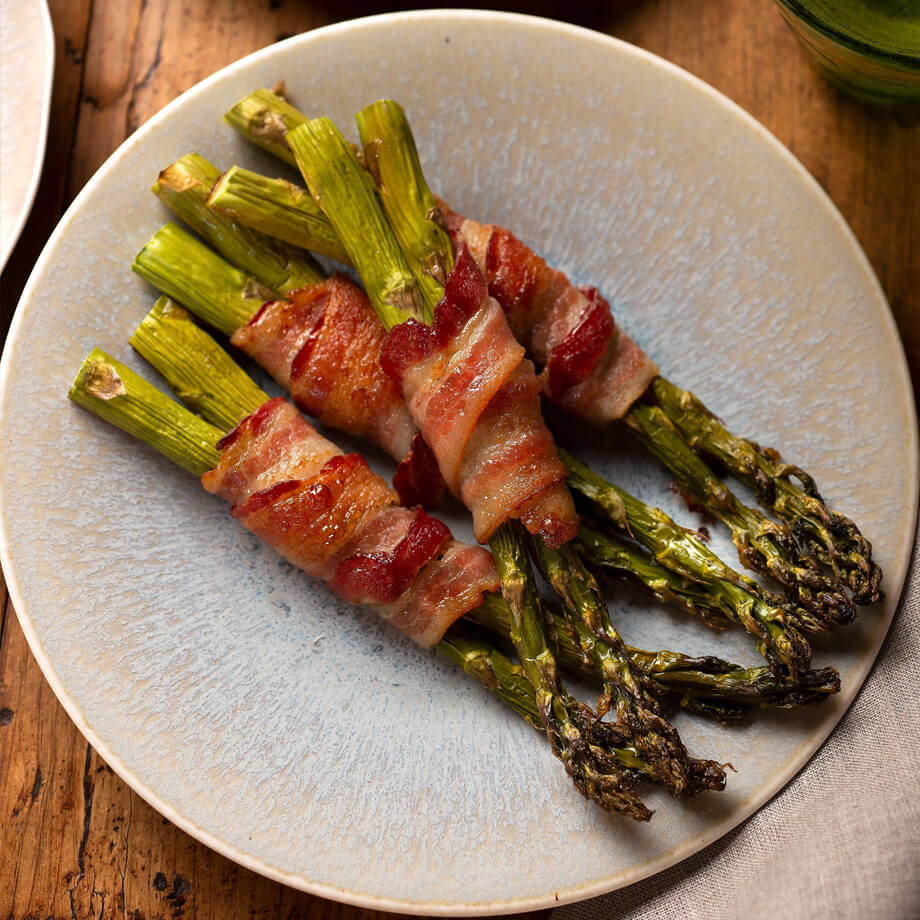
Bacon on a Paleo Diet
The paleo diet is slightly less focused on daily macronutrient allotment and more centered around the types of foods consumed. Paleo gets its name from the era that its primary foods come from: the Paleolithic Era, between 2.5 million and 10,000 years ago. These foods, like grass-fed meat, fish, fruits, vegetables, nuts, and seeds, would have been acquired through hunting and gathering. Foods like grains, dairy, legumes, and yes, sugar, are all avoided on a paleo diet.
Like keto, the paleo diet focuses on lower-carb options as well, but hones in especially on sources of protein, with healthy fats included. An example of a balanced macronutrient breakdown on a paleo diet would include around 30-45% protein, 30-35% carbohydrates, and 20-40% fat on a daily basis.
Therefore, bacon can absolutely be a healthy part of this diet. However, sugar should definitely be avoided if you’re following a paleo lifestyle, unless it’s a paleo-approved sugar like those obtained from honey, coconut, maple, or fruits like dates. So think twice before buying bacon with added sugar and select a sugar-free variety instead.
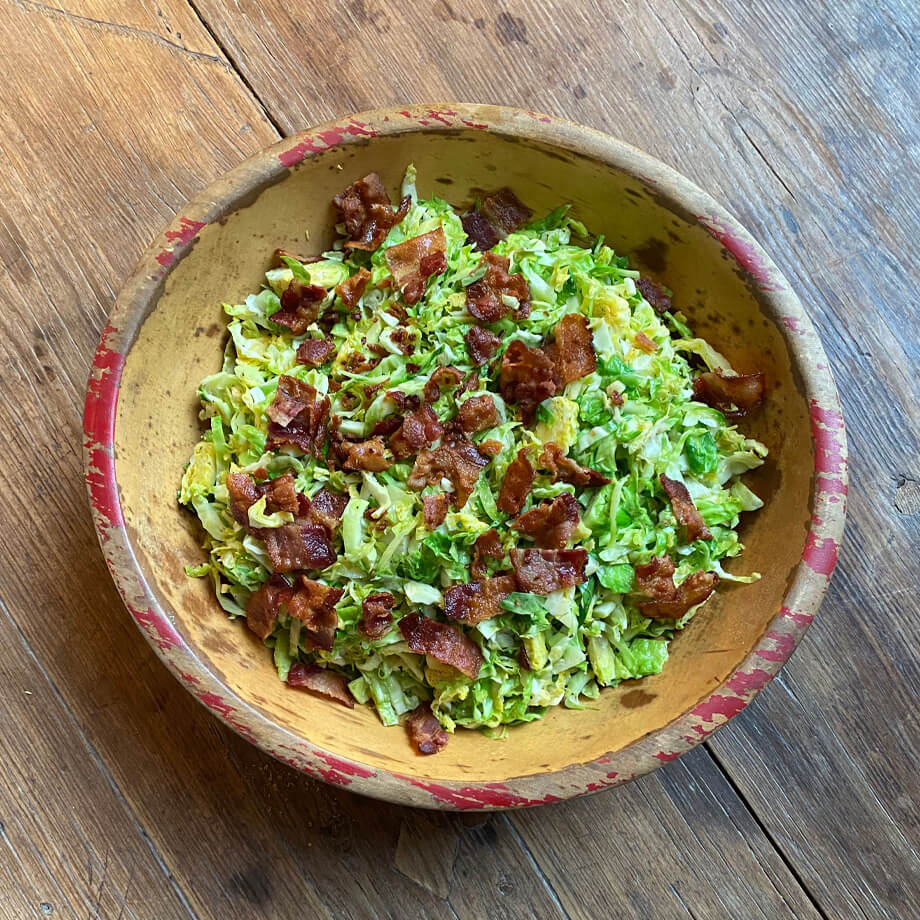
How Does Sugar Affect Taste?
As we said, sugar is usually added to bacon for a flavor boost. Sugar certainly adds a sweeter taste to any food it touches, and can amplify other flavors and aromas in the product as well. It can heighten more savory or umami facets of a food product like meat, while decreasing any pungent or unwanted flavors. But that doesn’t mean that products without sugar will necessarily taste any different to the consumer, especially if there is very little sugar added to the product in the first place..
Many no-sugar bacon products are very comparable to their sugar-added counterparts. Coleman Natural’s Sugar-Free Applewood Smoked Uncured Bacon was rated by a panel of real parent and family testers. Of the parents who tested Coleman Natural’s no-sugar bacon, 9 out of 10 agreed the product either met or exceeded their expectations.
Bacon enthusiasts who have little to no concern about precise sugar intake, and are instead more focused on an overall balanced diet, may find that the sugar content in bacon is nothing to worry about. For those who are counting contents to the gram, a sugar-free option is probably the best route to take.
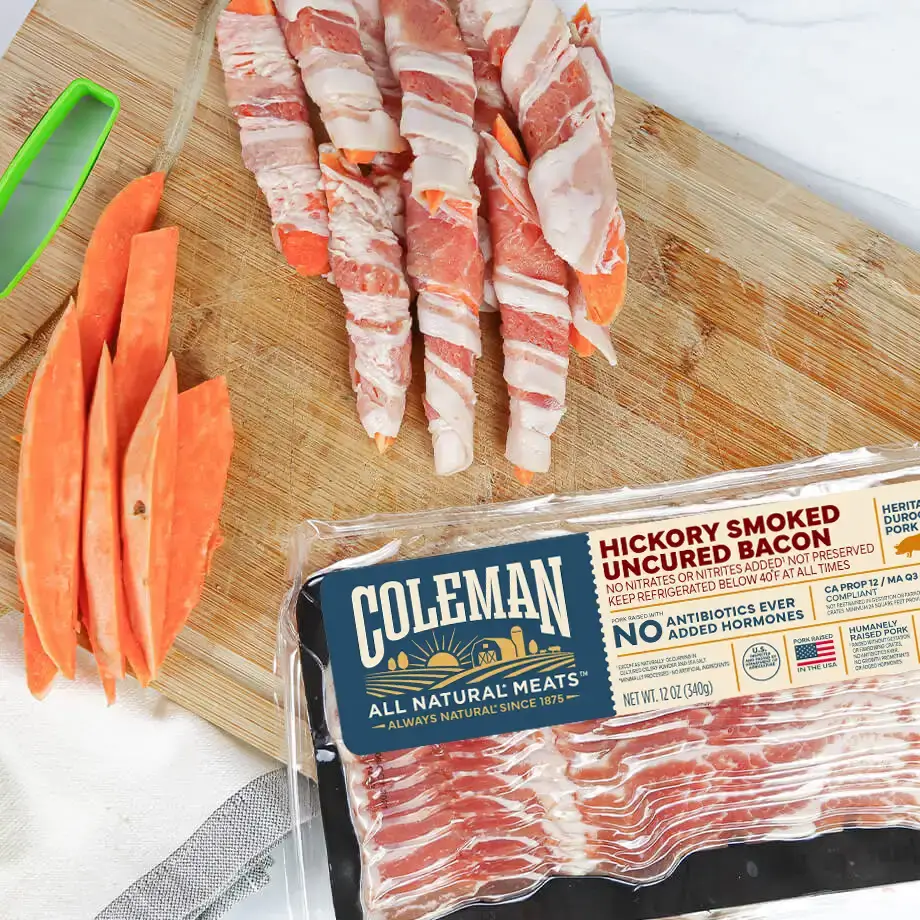
Coleman’s Award-Winning Natural Bacon
Taste, quality, packaging, and price tag make Coleman Hickory Smoked Uncured Bacon products perfect for hungry, healthy families. Our all-natural, Sugar-Free Applewood Smoked Uncured Bacon has zero grams of sugar (and zero carbohydrates to boot).
But we also have an Uncured Hickory Smoked Bacon product with only 1 gram of sugar per serving, plus a three-pack hickory smoked variety with three separate 12-ounce packages for larger groups or families.
All of our products, including our bacon, feature meats sourced from American family farms that raise their animals crate-free, with no antibiotics or added hormones ever. We also opt for cultured celery powder and sea salt as preserving agents, rather than adding any nitrates or nitrates. Taste the difference in Coleman Natural’s high-quality pork products and enjoy your bacon without compromising!
Want to explore more about the meats you love? Try these articles next:
